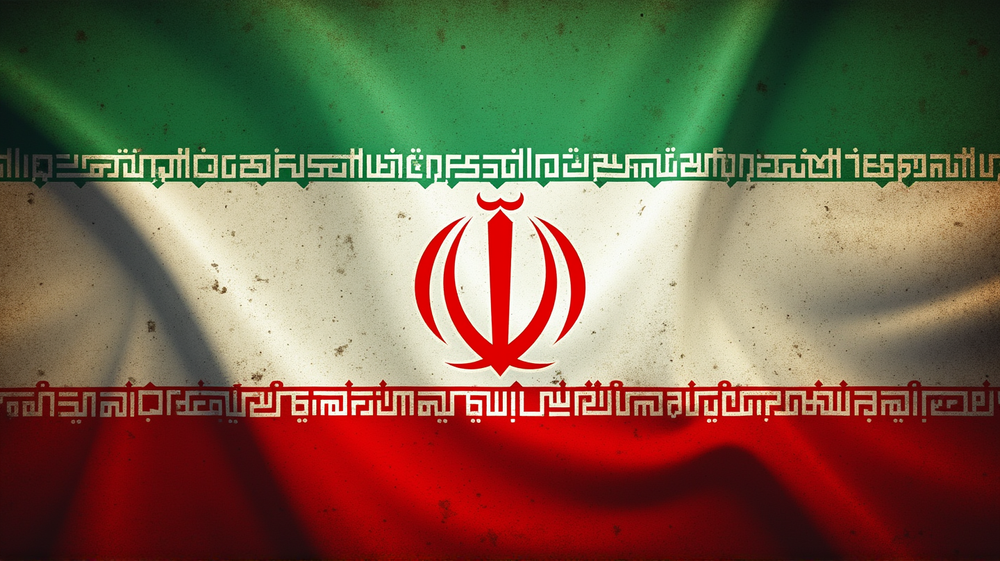Understanding the Bigger Picture
As the international community grapples with how best to address Iran’s nuclear ambitions and regional belligerence, a key tool has resurfaced: the snapback sanctions. Though some critics argue these measures disproportionately affect ordinary citizens rather than leaders, the broader consequences of inaction could be far more severe.
The Critics’ Concern
It’s true that sanctions can have an adverse impact on everyday life, affecting everything from access to basic goods to stable employment. Nevertheless, the repercussions of allowing Iran to aggressively pursue nuclear capabilities would pose an existential threat not only to the region but potentially to global peace.
Iran’s Increasing Boldness
Iran’s reach extends well beyond its nuclear aspirations; it includes a veil of influence over regional conflicts. The country’s alleged cyberattacks, such as those reported in Albania, showcase its willingness to expand its influence through more aggressive, unconventional means. These threats highlight the urgency of collectively addressing Iran’s actions now.
The Role of Global Powers
Major international players and governing bodies, including the United Nations, have a vested interest in curtailing Iran’s nuclear endeavors. The Nuclear Deal, once perceived as a diplomatic milestone, needs a robust mechanism, such as snapback sanctions, to compel compliance and ensure mutual security.
The Case for Stronger Sanctions
By instituting snapback sanctions, the world sends a strong message: nuclear pursuits will not be tolerated. This regulatory measure acts as both a deterrent and a means of maintaining equilibrium, emphasizing that violations have serious repercussions.
Hope for a Diplomatic Future
Even amid discussions about tougher sanctions, there remains hope for diplomatic solutions. Open dialogues backed by possible relief from sanctions can pave the way for a more stable Middle East, fostering collaboration and reversing past hostilities.
Conclusion
Ignoring Iran’s nuclear drive is not an option. It’s imperative for the international community to rally around effective strategies like the snapback mechanism to avert broader security crises. According to The Jerusalem Post, timely actions are vital to ensuring regional and global safety.












